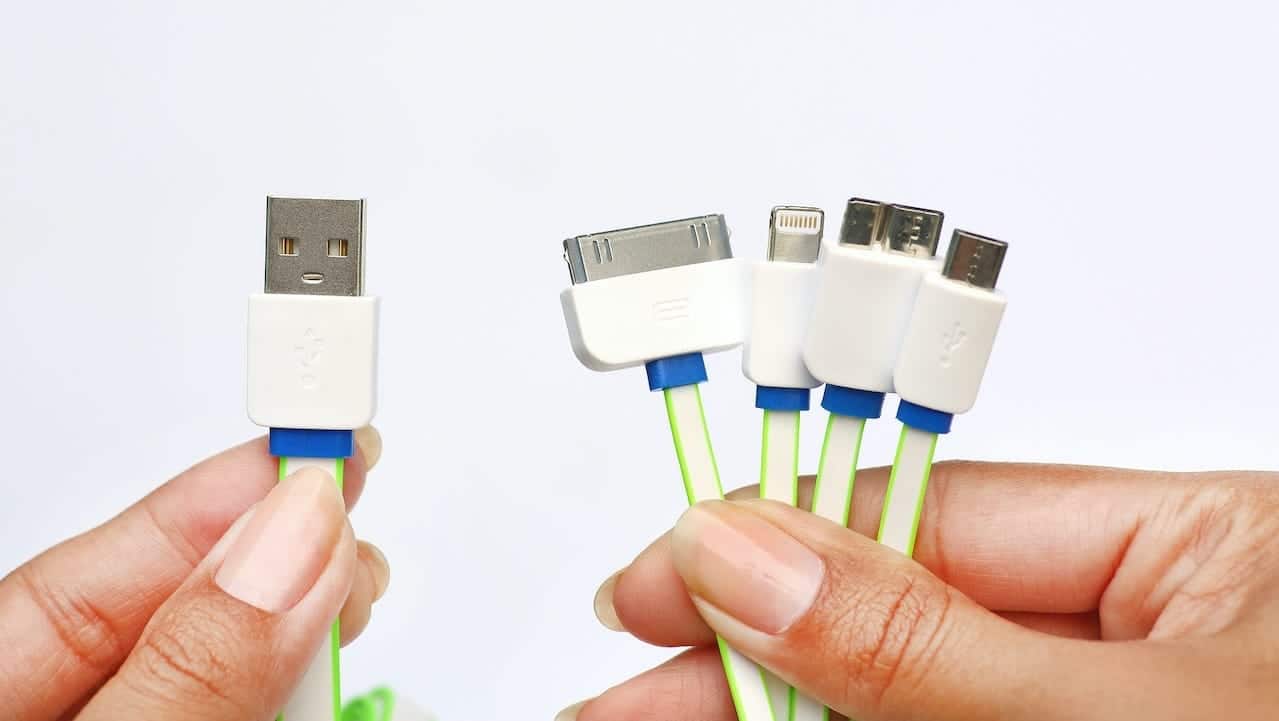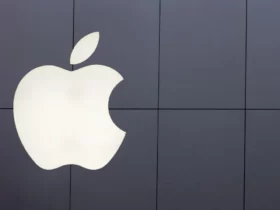For a couple of months, a curious challenge has been played between the European Union and Apple, whose battlefield – so to speak – is the universal charger.
Yes, because on 22 September the European Commission put forward a legislative proposal for the adoption of a single charging standard. In short, because all the electronic devices that will be put on the market in the future are compatible with a single charger model. Model identified in the USB-C, today adopted by most smartphones on sale.
And here after almost two months, precisely Thursday 18 November, Apple files a document with its answers on the question to the European Commission. Answers that can be brutally summed up in one word: “No”. For the Cupertino company, the universal charger is not needed. It is also not in step with the times.
Let’s see what the document just filed contains, and then let’s go back to the reasons that prompted the Commission to put forward the proposal for a universal charger for all electronic devices.
Universal charger: Apple’s position
In the document filed with the Commission, it is clear that Apple’s position is clearly opposed to the adoption of the single charger.
In the introductory part of the report, Apple expresses a double concern that would arise from the entry into the market of a universal charger: meanwhile, due to the fact that the push for innovation would be slowed down (which would also lead to improvements in terms of safety and energy saving). Secondly, because consumers’ freedom of choice would be limited.
After having defined the EU proposal as “largely disproportionate to any perceived problem”, lTim Cook’s company analyzes three potentially deleterious aspects of the possible introduction of the universal charger. Here they are, in summary.
The universal charger stifles the invention
In the document we read that “the inappropriate use of standards stifles innovation and undermines the goal of broad interoperability. These standards are updated on an ongoing basis, but the procedure for updating the legal text will entail significant delays in bringing innovations and improvements to the European market ”.
Brake to the elimination of existing magazines
According to Apple, “most products have long development cycles. Changing the connectors has a significant impact on product design and the ecosystem, requiring many years of effort. When the proposal goes into effect, only new models with USB-C will be available for purchase by European consumers. Therefore, consumers will be deprived of the ability to purchase older models that are compatible with their accessories and chargers, resulting in premature obsolescence of non-USB-C chargers and accessories ”.
Little clarity for consumers
The third point Apple contests the universal charger for is the risk of a lack of transparency of information.
“The requirements for a physical label on the product packaging are not clearly defined in the proposal and may vary within the EU market, which will create confusion among European consumers.”

An opening to collaboration
Apple’s position seems to soften in the final lines of the document, when the company states, “We look forward to engaging stakeholders to help find a solution.”
The same ambivalent stance is reflected in Apple products. While some, like the iPhone, iPad, and Watch have proprietary chargers, others like the iPad Pro adopt USB-C. And the new MacBook Pros unveiled in October work with both power supplies.
The EU proposal: the reasons
Behind the EU proposal to adopt a universal charger there is a simple reasoning. With a single charging standard, the environmental impact of shutting down chargers would be greatly reduced. It has been calculated that the overall savings could reach the figure of 250 million euros per year.
In any case, the adoption of the standard would be only the last step of a robust simplification already in place: in the last ten years the mobile phone chargers on the market have gone from 30 to 3.
The practical aspect should also not be underestimated: a universal charger would avoid delays and waste of time marked by the question: “Where did I put the charger?”
Times
Beyond Apple’s filibuster, the European Commission’s proposal will have to be adopted by the European Parliament and the Council. And that is expected to happen in 2022. After that there will be a transition period to allow producers to adapt before the law comes into effect.
In conclusion: the universal charger will probably arrive in 2024.















Leave a Reply
View Comments